Recreation: Understanding the Importance of Leisure Activities
Recreation refers to activities that individuals engage in for enjoyment, entertainment, and relaxation during their free time. These activities are not only fun but also contribute to our physical, mental, and emotional well-being. Here's a guide to understanding the importance of recreation and its impact on our lives.
Types of Recreation
Recreation can be categorized into various types:
- Outdoor Recreation: Activities such as hiking, camping, fishing, and biking that take place in natural settings.
- Indoor Recreation: Activities such as playing board games, reading, or engaging in hobbies that take place indoors.
- Social Recreation: Activities that involve interacting with others, such as team sports, group outings, and community events.
- Active Recreation: Physical activities such as sports, swimming, or dancing that promote movement and exercise.
- Passive Recreation: Activities such as picnicking, birdwatching, or stargazing that involve relaxation and observation.
Benefits of Recreation
Engaging in recreational activities offers numerous benefits:
- Physical Health: Recreation promotes physical fitness, helps in weight management, and reduces the risk of chronic diseases.
- Mental Well-being: Recreation provides stress relief, boosts mental clarity, and enhances cognitive function.
- Social Connections: Participating in recreational activities fosters social interaction, teamwork, and the development of friendships.
- Personal Fulfillment: Recreation allows individuals to pursue their passions, hobbies, and interests, leading to a sense of accomplishment and happiness.
Encouraging Recreation
It's important to encourage and prioritize recreation in our lives:
- Time Management: Allocate dedicated time for recreational activities amidst daily responsibilities.
- Exploration: Try new recreational pursuits to discover new interests and expand personal horizons.
- Balance: Strike a balance between work, study, and recreation to maintain a healthy lifestyle.
- Community Support: Engage in community-based recreational programs and events to foster a sense of belonging and camaraderie.
Conclusion
Recreation plays a pivotal role in enhancing our overall well-being. By actively participating in recreational activities, individuals can reap the physical, mental, and social benefits that contribute to a fulfilling and balanced lifestyle.
.◂Science Worksheets and Study Guides Sixth Grade. Rocks
Study Guide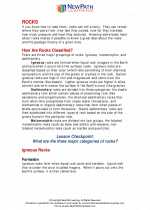 Rocks
Rocks  Activity Lesson
Activity Lesson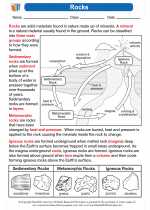 Rocks
Rocks  Worksheet/Answer key
Worksheet/Answer key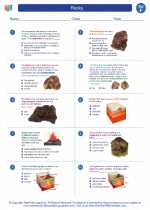 Rocks
Rocks  Worksheet/Answer key
Worksheet/Answer key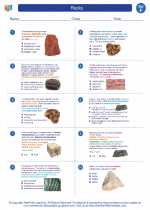 Rocks
Rocks  Worksheet/Answer key
Worksheet/Answer key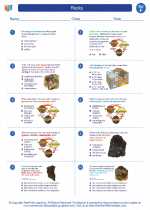 Rocks
Rocks  Worksheet/Answer key
Worksheet/Answer key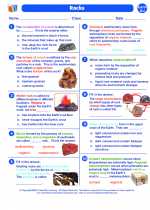 Rocks
Rocks  Vocabulary/Answer key
Vocabulary/Answer key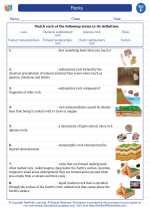 Rocks
Rocks  Vocabulary/Answer key
Vocabulary/Answer key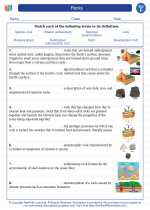 Rocks
Rocks  Vocabulary/Answer key
Vocabulary/Answer key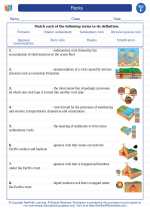 Rocks
Rocks 

 Activity Lesson
Activity Lesson
 Worksheet/Answer key
Worksheet/Answer key
 Worksheet/Answer key
Worksheet/Answer key
 Worksheet/Answer key
Worksheet/Answer key
 Worksheet/Answer key
Worksheet/Answer key
 Vocabulary/Answer key
Vocabulary/Answer key
 Vocabulary/Answer key
Vocabulary/Answer key
 Vocabulary/Answer key
Vocabulary/Answer key

The resources above cover the following skills:
EARTH AND SPACE SCIENCE
Earth’s Systems
Plan and carry out investigations that demonstrate the chemical and physical processes that form rocks and cycle Earth’s materials (e.g., processes of crystallization, heating and cooling, weathering, deformation, and sedimentation).